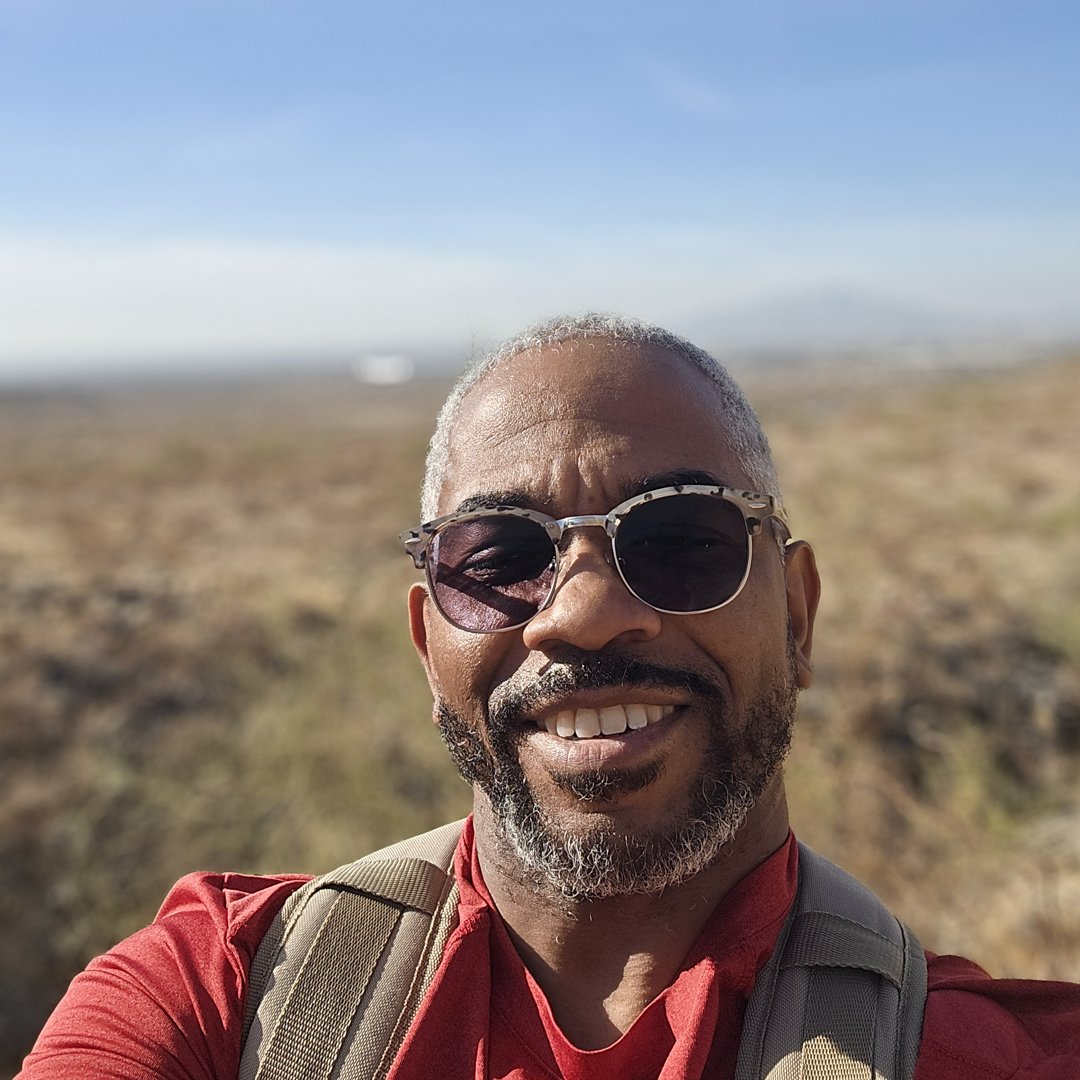
When Nashid Mateen was in prison, he knew he didn’t want to waste any time. Mateen, who was incarcerated at CoreCivic’s Red Rock Correctional Center in Eloy, Arizona, from 2017 to 2020, took full advantage of the robust reentry programming that Red Rock offered. However, it’s the Go Further program that Mateen believes helped him go the extra mile with his rehabilitation.
“It helped me do a paradigm shift and really put my past in perspective,” he shared.
Established in 2017, the Go Further program uses educational courses and training workshops in areas like behavior modification, career counseling, life skills, and academic and vocational coursework to help residents prepare for reentry.
According to Mateen, Go Further was the catalyst for his positive transformation: It gave him the tools to better understand his emotions and offered him a real opportunity for deep reflection, placing him on a path that he contributes much of his success today.

Beyond the program itself, Mateen was encouraged by staff, such as Yvette Balderrama, case manager, at Red Rock, who helped him along the way.
“She cared and brought positivity into a negative environment,” said Mateen. "I knew she cared and would go the extra mile [to help] us.”
Mateen later enrolled in the Persevere program while incarcerated, earning a career certificate in computer coding.
Although he finished his sentence out at another correctional facility, Mateen continued to put the work into his rehabilitation. And he’s carried his renewed focus into his post-release life.
Mateen has been out of prison for approximately 18 months and is driven to make a difference. He’s currently working full-time with Resilient Education, a Virginia-based nonprofit supporting justice-involved individuals, collaborates on a juvenile diversion program with the Arizona Supreme Court, and takes part in a cohort focused on criminal justice reform with Columbia University. Additionally, he is serving as the director for a film documentary called Prison 2 Success, which explores stories of transformation and resilience for those who have experienced incarceration.

“My second chance comes from what I am doing now,” said Mateen. “It’s important to me to make an impact on my community.”
But when he isn’t working with the community or spending time with his family, Mateen is taking new adventures—like learning to snowboard—and staying active with his fitness regimen.
For Mateen, redemption is not just about moving forward—it’s about giving back, staying grounded, seeking adventure, and inspiring others to do the same.
“I control how I see things and how they affect me,” he said. “Incarceration can be an event, not a definition. It doesn’t define me.”
